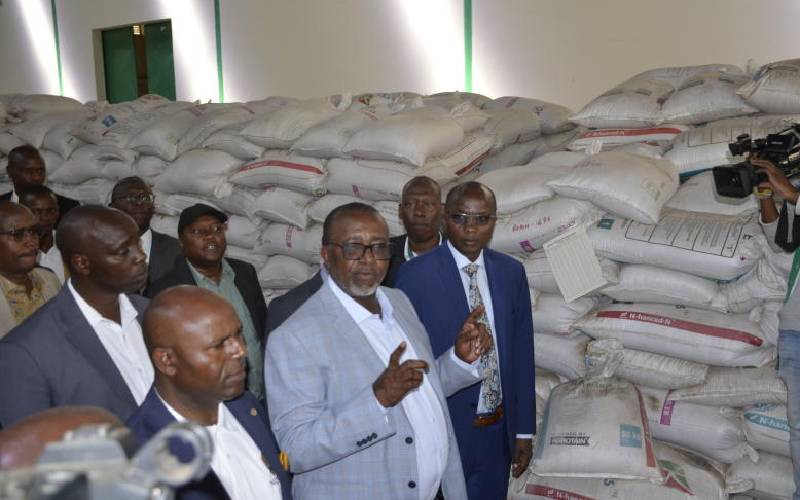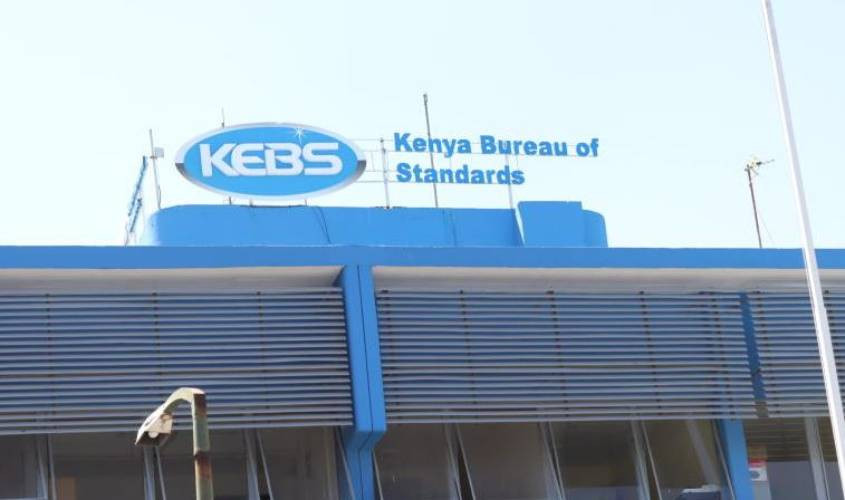
There has been an unexplained upsurge in cancer cases. Previously, it was assumed cancer was a rich man’s disease; not any more. The ravages of cancer cut across the social and economic divides that define society, but the tragedy is that our ability to deal with the cancers is still limited. It is made worse by little public awareness on cancers.
With new developments in the country following concerted efforts to end endemic corruption in Kenya, new revelations are coming up that could partly explain why cancer is on the rise. Most of the food we eat is either full of harmful chemicals or poisonous, having been condemned elsewhere but somehow being offloaded on unsuspecting Kenyans.
It is in the public domain that sugar which Kenyans have been consuming over time contains harmful metals like copper, lead and mercury.
While the veracity of this claim is yet to be ascertained, particularly after a parliamentary committee’s report that would have shed light on the matter was rejected by MPs, there has been more revelations of poisonous food substances in the market. Studies conducted by International Livestock and Research Institute (ILRI) and the Kenya Medical Research Institute (KEMRI) have revealed that milk and chicken products in the market contain high levels of aflatoxins and disease-causing germs. Earlier studies had also indicated vegetables and fruits in the market contained high levels of carcinogens.
And now, besides poisoned sugar, harmful eggs, fruits and vegetables, the fight on corruption has netted millions of bags of rice that is said to be dangerous. The rice had been condemned elsewhere three years ago, but unscrupulous Kenyan traders, working in cahoots with regulatory agencies within Kenya have flooded our market with the condemned rice. Added to that, there is condemned cooking oil in the market too. There is no telling how long this has been going on, or how many people have been affected health-wise.
It is hard to describe the type of greed that would cause an individual to endanger the lives of millions of Kenyans for profit. Incidentally, the foods on which the red flag has been raised form the major part of our daily diet, and that is alarming.
The influx of dangerous food substances raises questions on the role of the Kenya Bureau of Standards as the regulatory body that determines standards. Kenyans need to know the government’s position on this matter.
 The Standard Group Plc is a
multi-media organization with investments in media platforms spanning newspaper
print operations, television, radio broadcasting, digital and online services. The
Standard Group is recognized as a leading multi-media house in Kenya with a key
influence in matters of national and international interest.
The Standard Group Plc is a
multi-media organization with investments in media platforms spanning newspaper
print operations, television, radio broadcasting, digital and online services. The
Standard Group is recognized as a leading multi-media house in Kenya with a key
influence in matters of national and international interest.
 The Standard Group Plc is a
multi-media organization with investments in media platforms spanning newspaper
print operations, television, radio broadcasting, digital and online services. The
Standard Group is recognized as a leading multi-media house in Kenya with a key
influence in matters of national and international interest.
The Standard Group Plc is a
multi-media organization with investments in media platforms spanning newspaper
print operations, television, radio broadcasting, digital and online services. The
Standard Group is recognized as a leading multi-media house in Kenya with a key
influence in matters of national and international interest.









